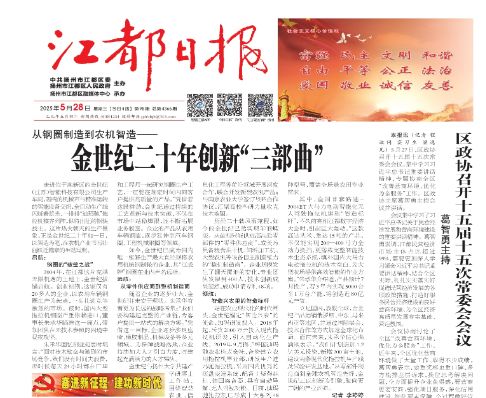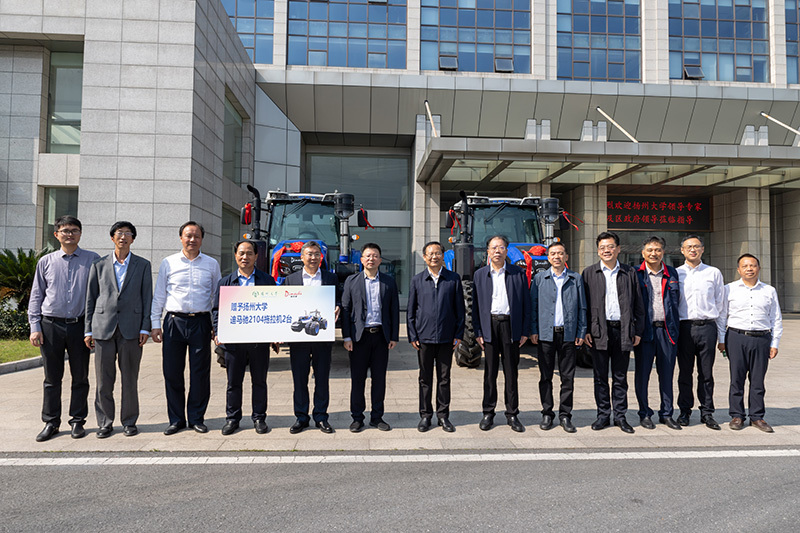Do you know about these wheel casting processes?
2023-02-10
Casting wheel hubs, in short, is a technology that cools and shapes molten aluminum in a mold. So, what's the difference between casting and forging? Why are forged wheel hubs, which are more expensive than cast ones, increasingly chosen by modification enthusiasts as a replacement? Today, let's talk about the wheel hub manufacturing process—forging.
Forged Wheel Hubs
If the forming method of cast wheel hubs is compared to popsicles: pouring syrup into a mold to cool into various shapes, then forging wheel hubs is like forging a sword. There is an idiom that perfectly describes its quality: "refined through a hundred trials," which means the craftsman hammers the sword blank repeatedly, expelling impurities. Tens of thousands of strikes create a sharp sword. In the context of wheel hub manufacturing, this is akin to a tens of thousands of tons forging press "hammering it into shape".
Forging is a processing method that uses forging machinery to apply pressure to metal blanks, causing plastic deformation to obtain forgings with certain mechanical properties, shapes, and sizes. It is one of the two major components of forging (casting and stamping).
Advantages of Forging:
Forging can eliminate casting porosity and weld holes in metals, and the mechanical properties of forgings are generally superior to castings of the same material. Important parts in machinery with high loads and harsh working conditions, except for simpler shapes that can use rolled plates, profiles, or welded parts, mostly use forgings.
Forging can be divided into open-die forging and closed-die forging.
1. Open-die forging
Using impact force or pressure to deform metal between two dies (anvils) to obtain the required block-shaped blanks. The blanks are heat-treated and then machined into shape by a machining center. However, due to the thickness and poor hardenability of the blanks during the heat treatment process, the material properties of the product may not reach the quality level of the casting process. Moreover, the machining process will interrupt the casting flow lines, resulting in the formed wheel products not being able to truly achieve lightweight design.
2. Closed-die forging
Closed-die forging is further divided into open-die forging and closed-die forging. Metal blanks are deformed under pressure in a forging die with a certain shape to obtain forgings. Since the forgings produced under this process are formed once within the mold shape, the product wall thickness is uniform, and the performance is strong after heat treatment. Therefore, the quality of the wheels formed by closed-die forging is good and the weight is light. Of course, the closed-die forging process requires a series of special shaping molds, so the product price is high.
Forged aluminum wheels can be designed with thinner spoke and rim thicknesses.
From the above understanding, we know that: casting is the current method for manufacturing aluminum wheels. Its outstanding advantages are high strength, higher safety, strong plasticity, light weight, good heat dissipation, and fuel saving; the disadvantages are slightly higher price and longer production cycle. So, what are the advantages of forged wheel hubs compared to original cast wheel hubs?
1. Stronger and More Durable
Forged aluminum rims are 1-2 times stronger than cast aluminum rims and 4-5 times stronger than ordinary iron rims. Therefore, they are more durable and impact-resistant, and their toughness and fatigue resistance are also significantly better than cast wheel hubs, making them less prone to shattering and breakage, and safer.
2. Lighter and More Fuel-Efficient
Compared to casting, forged wheel hubs of the same size can be about 20% lighter, and reducing the weight of the wheel by 1 kg can increase horsepower by 10. In addition, lightweight design significantly improves the response speed of the suspension, making the suspension system react faster and handle road bumps more smoothly.
3. Fuel-Efficient and Good Heat Dissipation
According to Japanese experiments, for a 5-seater car, reducing the weight by 1 kg can save about 20 liters of gasoline per year. A research report published by the Society of Automotive Engineers indicates that although forged wheel hubs are more expensive than ordinary cast wheel hubs, in the long run, the cost can be recovered after the car travels 10,000-30,000 kilometers. In addition, forged wheel hubs have better heat dissipation, which can prevent brake drums and tires from aging during long-distance high-speed driving, increasing their lifespan and reducing the risk of tire blowouts.
4. Better Handling
Upgrading to forged wheel hubs without affecting steering and installation. If the wheel hub width is increased, the vehicle's acceleration, braking, and cornering responsiveness will be significantly improved. Whether it's from standstill to start or acceleration during driving, it will be more agile, and in corners, whether entering or exiting, the vehicle will handle more smoothly.
In summary, forged wheel hubs are superior to cast ones in terms of performance and quality, and the improvement in vehicle performance is significant. However, the price is also noticeably higher than cast ones, so the choice should be based on individual needs. It should be noted that when choosing forged wheel hubs, you must pay attention to the wheel hub brand; otherwise, purchasing some niche brand "forged" wheel hubs may become a "broken" disaster, and safety issues cannot be taken lightly.
Recommended News
Contact Us
Minister Song:15621633555
Address: No. 128, Shuntai East Road, Jiangdu Foreign Trade Industrial Park, Yangzhou City




